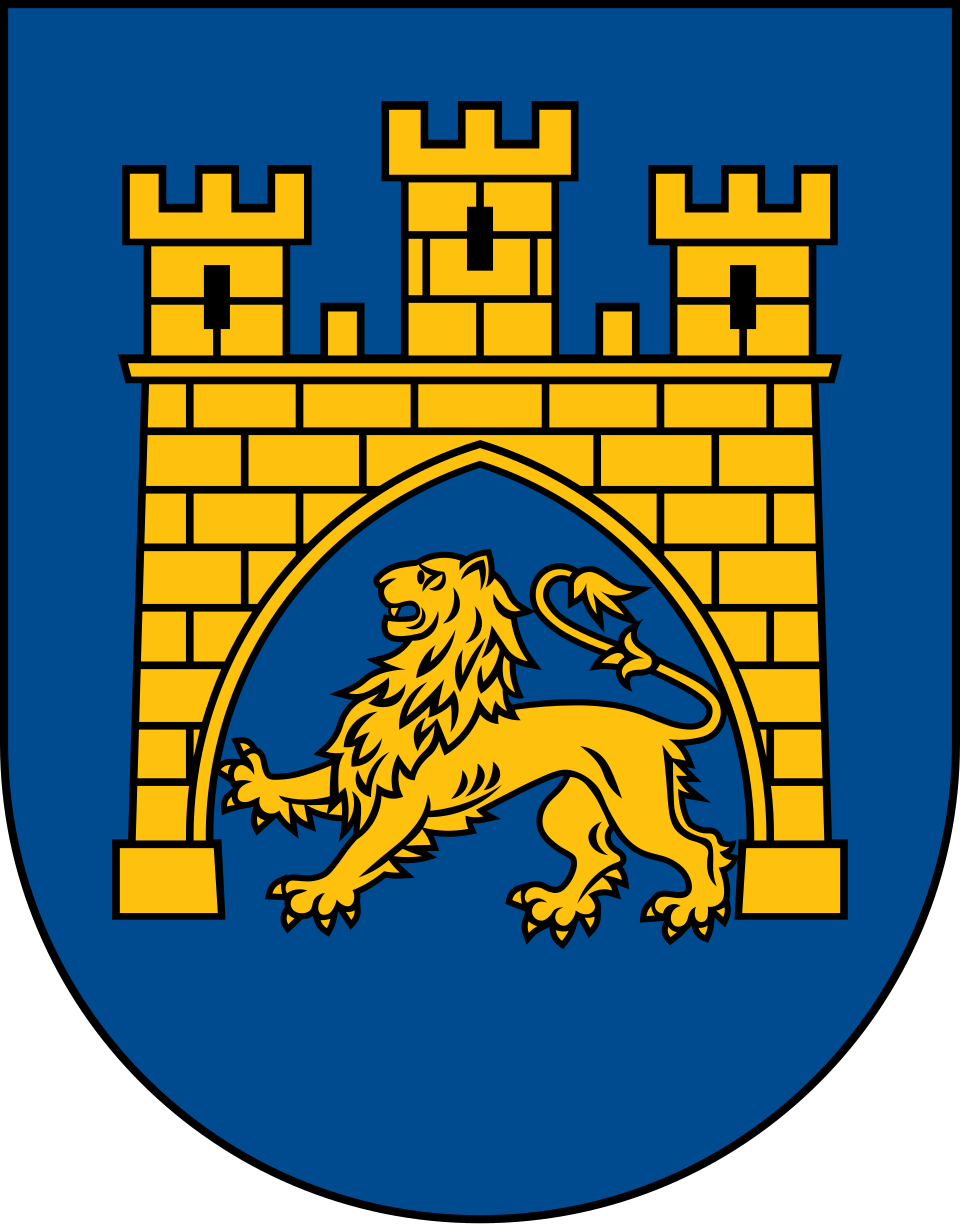President Macron offers autonomy to Corsica
During his visit to the island from September 27th to the 29th, on the occasion of the 80th anniversary of the island's liberation during World War II, French President Emmanuel Macron offered autonomy to Corsica. This offer, which would include a recognition of Corsican uniqueness within the French Constitution, comes after 18 months of negotiations with the island's majority nationalists and as an attempt to avoid a recurrence of riots and clashes with security forces similar to those that occurred in March 2022.
Macron had visited Corsica for the first time as president in 2018. Then, the concept of "autonomy" did not even seem a possibility. The idea of giving Corsica a distinct status compared to the other French regions sounded almost utopian. Now, however, in his long-awaited speech before the Corsican Assembly in the city of Bastia, President Macron has advocated that the island be endowed with an unprecedented autonomy in France and has proposed that the French Constitution recognize with a new article the historical and cultural specificity of Corsica. It is undoubtedly a qualitative leap in the French institutional structure. "Let us have - he said - the audacity to build an autonomy for Corsica within the Republic. This autonomy must be the means to build the future together, without disengagement from the State. It will not be an autonomy against the State nor an autonomy without the State. It will be an autonomy for Corsica within the Republic."
The President of the Regional Council and Corsican leader, Gilles Simeoni, welcomed the change of tone in Paris, was very cordial with the President and reminded him that the island and France were "facing a moment of truth". He added: "We must work together to build a political and balanced solution that is accepted by all parties, both in Corsica and in Paris. Give the signal, President, we will respond and together we will move forward."
Macron has given Corsican politicians six months to draw up a proposal for a statute and to reach a consensus with Paris. There will be, he has said, no red lines. And he has stated, "The new institutional stage that we want to set in motion must allow Corsica to preserve its soul and its identity while remaining within the limits of the Republic." A stumbling block to overcome will be, however, the fact that the president does not have a majority in the French National Assembly.
This statute, in any case, should allow the transfer of important competences which, for the moment, none of the parties has indicated. It is clear, however, that it will include a recognition of the Corsican language, which will allow its use both in schools and in the public sphere in general, even if it will hardly become a "co-official" language, as the Corsican nationalists claim.










































































